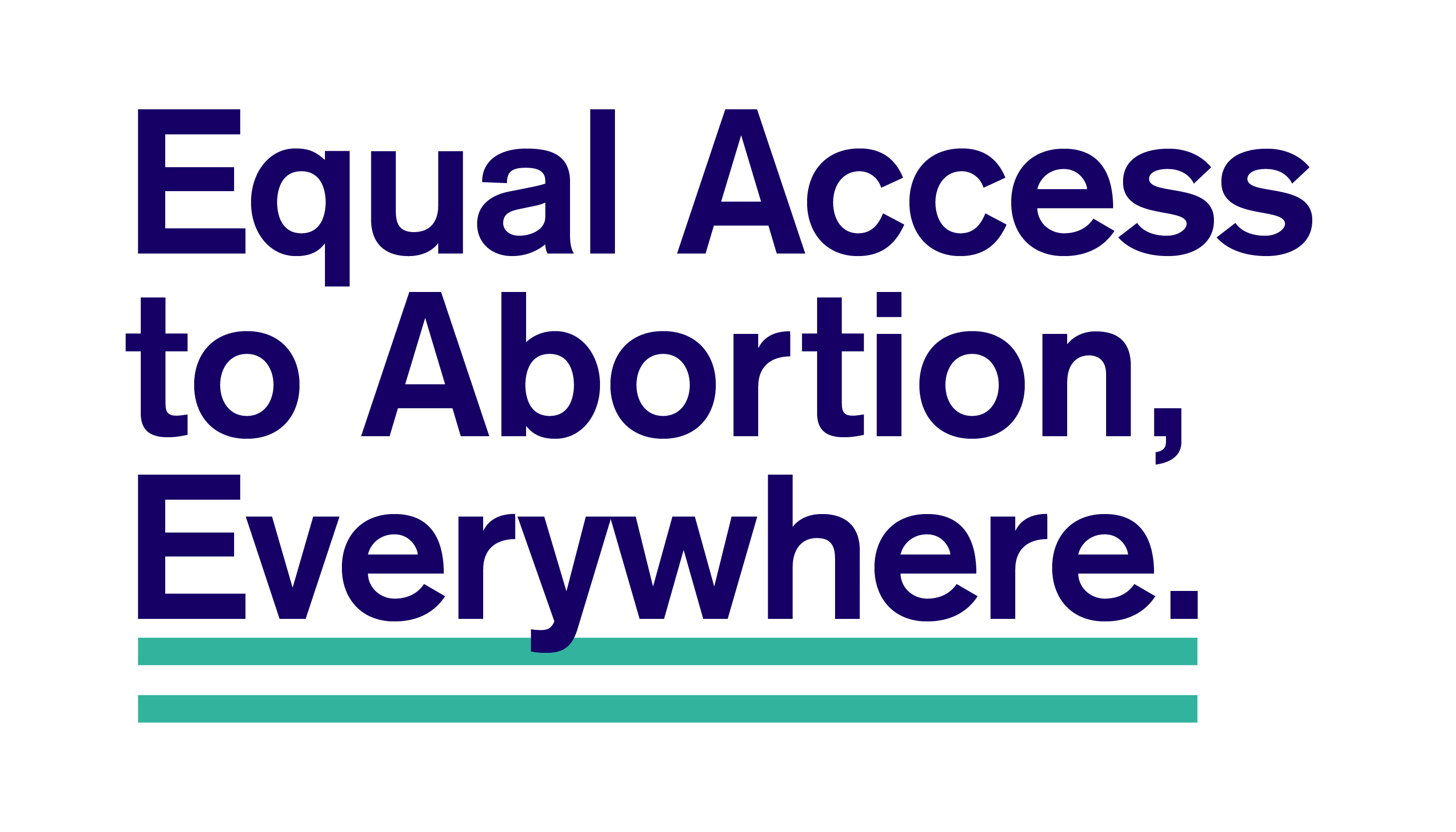Q: What is the Women’s Health Protection Act?
A: The Women’s Health Protection Act, also known as WHPA, is federal legislation that, when passed, will re-establish a nationwide right to access abortion care in the United States.
Q: Why do we need a federal law?
A: Thirteen states have made abortion illegal since the U.S. Supreme Court overturned the constitutional right to abortion recognized in Roe v. Wade, and eight more are likely to follow their lead. Though Roe was never enough to ensure access, the deluge of post-Roe outright bans is causing widespread and lasting harm, especially in communities of color and for those with low incomes. Every day without congressional action means more people are being denied their human right to abortion. We urgently need a federal legislative solution. WHPA is that solution.
Q: How would it work?
A: The Women’s Health Protection Act establishes a new statutory right for health care providers to provide, and their patients to receive, abortion care free from bans, limitations, and medically unnecessary restrictions that impede access to abortion. The Department of Justice, as well as providers and individuals harmed by restrictions made unlawful under the Act, could go to court to enforce these rights.
Q: Does WHPA still work now that Roe v. Wade has been overturned?
A: If passed into federal law, abortion access across the country would be protected under WHPA.
Q: What kinds of state restrictions would the Women’s Health Protection Act protect against?
A: WHPA would re-establish a nationwide right to access abortion—free from the abortion total bans, six-week bans, mandatory ultrasounds, biased counseling, waiting periods, and requirements that providers obtain admitting privileges at local hospitals, among others.
Q: What is the impact of abortion bans?
A: Abortion is essential health care, and one in four women will have an abortion in their lifetime. People in states where abortion is now illegal are being forced to travel long distances—in some cases, thousands of miles—to access care. Those unable to travel or access medication abortion are forced to carry pregnancies against their will, a grave violation of their human rights.
The Turnaway Study, the largest study on women’s experiences with abortion and unwanted pregnancy in the U.S., found that women who are forced to carry an unwanted pregnancy are more likely to experience intimate partner violence, health problems, poverty, and ongoing financial distress, including rising debt and eviction proceedings, than those who was able to access wanted abortion care.
The people hurt most by abortion bans are those who already face discriminatory barriers to accessing health care—including Black, Indigenous, Latina/x, Asian American and Pacific Islander, and other People of Color, women, those working to make ends meet, members of the LGBTQI+ community, immigrants, young people, those living in rural communities, and people with disabilities.
Q: Does this bill protect against state restrictions on interstate travel to obtain an abortion?
Yes, the bill safeguards abortion access in a post-Roe America, including the right to travel for abortion care. Protecting the right to travel is about ensuring that politicians can’t prevent people from crossing state lines to receive essential, protected healthcare.
Q: Does this bill protect against state restrictions on assisting a person to obtain an abortion?
Yes. Ban states are trying to stoke fear and intimidate those who assist people in accessing abortion care. The Women’s Health Protection Act would protect patients, providers, and those who assist them in exercising their rights.
SOURCE: CENTER FOR REPRODUCTIVE RIGHTS
